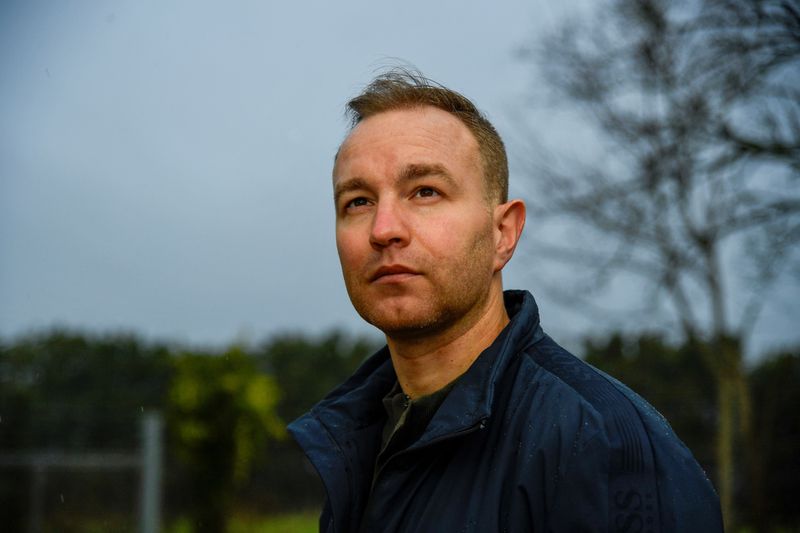By Kirstin Ridley and Sam Tobin
LONDON (Reuters) - Tom Hayes, the first trader jailed over Libor interest rate rigging, said on Thursday he hoped to put a near 10-year battle to clear his name behind him as he prepared for a London High Court appeal against his 2015 conviction.
Hayes, a former star Citigroup and UBS trader who was released from jail on licence in 2021 after serving half his 11-year sentence, heads back to court for an appeal next Thursday after winning a last-ditch review of his case.
"I am looking forward to the Court of Appeal hearing my case next week - it has been a long and very difficult road but I hope to finally clear my name and put this nightmare behind me," Hayes told Reuters in a statement on Thursday.
The Serious Fraud Office (SFO), which cast Hayes as a ringleader in a global conspiracy with staff from ten other banks and brokerages to rig yen-denominated Libor, said all its prosecutions were based on evidence and the applicable law.
"We stand ready to support the Court of Appeal as it considers this referral," a spokesperson said.
Hayes, a gifted mathematician who is autistic, was initially handed a 14-year jail sentence in 2015 in one of the toughest sentences imposed for white collar crime in Britain, after facing criminal charges on both sides of the Atlantic.
Libor traders prosecuted in the U.S. faced short sentences that were overturned on appeal. In 2022, a U.S. appeals court ruled that prosecutors had failed to show rates were false or misleading and acquitted two former Deutsche Bank (ETR:DBKGn) traders.
Karen Todner, Hayes's lawyer, said Britain was the only country in the world where it was a criminal offence to take commercial considerations into account when setting Libor rates.
Hayes's prosecution was the first of a string of trials brought by the SFO after an investigation into allegations that bankers rigged Libor and its Brussels-based Euribor equivalent - benchmarks for trillions of dollars of loans worldwide.
Nineteen were prosecuted and nine were convicted by a jury.

Hayes has said his trading methods were honest, condoned by bosses and common practice.
He took his case to the Criminal Cases Review Commission (CCRC), an independent body that investigates potential miscarriages of justice, after exhausting other appeal routes in 2016. After six-and-a-half years and in a landmark ruling, the CCRC agreed to send his case back for appeal last July.